US threatens to look at ‘all options’ against Iran, risks backlash ahead of Vienna talks
With the next round of talks focusing on removal of US anti-Iran sanctions just around the corner, Washington and its Western allies have gone out of their way to exert more pressure on Tehran, from imposing sanctions and issuing warlike statements to now threatening to look at “all options” against the country, all of which risk a backlash ahead of the negotiations.
Since late October, the US and its main Western allies – France, Britain, and Germany – have ramped up bad faith measures that could endanger the prospects of fruitful talks in Vienna, aimed primarily at removal of US sanctions, which could subsequently set the stage for the US return to the 2015 nuclear deal, officially called the Joint Comprehensive Plan of Action (JCPOA).
The US has imposed different rounds of sanctions targeting Iran, prompting criticism from the Islamic Republic, which says the US, under the Joe Biden administration, has continued former US President Donald Trump’s “maximum pressure” policy, despite having promised to repeal the anti-Iran policy and rejoin the deal.
The four countries have also issued several statements decrying Iran’s nuclear advancements and putting pressure on Tehran, without bearing responsibility for their actions, which brought the nuclear deal to the brink of ruin.
On Saturday, Defense Secretary Lloyd Austin said that the United States was committed to countering Iran, reassuring Washington’s regional allies, which are heavily reliant on the US military, about the US’ continued support for them.
“The United States remains committed to preventing Iran from gaining a nuclear weapon,” Austin claimed during the 17th IISS Manama Dialogue in the Bahraini capital Manama.
Throughout the years, Iran has repeatedly reassured the world, in particular its neighbors, that its nuclear program is for purely peaceful purposes and that it has no intention of developing nuclear weapons.
Leader of the Islamic Revolution Ayatollah Seyyed Ali Khamenei has even issued a fatwa (religious decree) banning the acquisition, development, and use of nuclear weapons as contrary to Islamic principles and beliefs.
Iran also signed the JCPOA with six world powers in 2015 to reassure the world of the peaceful nature of its nuclear program. However, the deal was scrapped by Trump in 2018 in favor of what he called the “maximum pressure” campaign against the Islamic Republic.
Diplomatic efforts have been ongoing in the Austrian capital, Vienna, since April to bring the US back into the deal and remove its anti-Iran sanctions after the miserable failure of the so-called maximum pressure policy.
Iran has declared that its participation in the Vienna talks aims to have all US sanctions removed, clarifying time and again that it would reciprocate a verifiable removal of the sanctions by resuming all of its nuclear obligations under the deal.
In his Saturday remarks, Austin also claimed that the US remains committed to a diplomatic outcome achieved through the Vienna format, without clarifying whether the next US administration would be able to disregard such an outcome or even the JCPOA itself.
He added, “But if Iran isn’t willing to engage seriously, then we will look at all the options necessary to keep the United States secure.”
The Pentagon chief further said Iran’s actions in recent months “have not been encouraging” due to the expansion of the country’s nuclear program.
Iran began to scale back its nuclear commitments under the JCPOA a year after the US withdrawal from the deal and the Europeans’ failure to shield business with Tehran in the face of US sanctions.
Tehran asserted that it was entitled to take “remedial measures” in response to the US withdrawal and the inaction of the other signatories, but also described its nuclear advancements as reversible on the condition that the US removes its sanctions and fully honors its contractual commitments without being able to leave the JCPOA again.
Austin’s remarks came a day after US special envoy for Iran Robert Malley claimed Tehran was approaching the point of no return for reviving the JCPOA, saying Iran risked making it “impossible” to gain any benefit from resuming the agreement.
“The time will come if Iran continues at this pace with the advancements they’ve made, [it] will make it impossible even if we were going to go back to the JCPOA to recapture the benefits,” Malley told the Manama Dialogue on Friday.
He also said he was not encouraged by the statements from the new Iranian administration of President Ebrahim Raeisi, adding, “If they stick to their public pronouncements, unfortunately we’re not headed in the right direction.”
France also warned Iran on Friday against staging “sham” talks in Vienna.
“If this discussion is a sham, then we will have to consider the JCPOA empty,” Foreign Minister Jean-Yves Le Drian told Le Monde in an interview published on Friday.
Early in November, Iran’s top negotiator at the Vienna talks announced that the seventh round of the talks – and the first under the Raeisi administration – will begin on November 29.
In recent days, Iran has reminded the US that it is the party responsible for the current situation, noting that through its rhetoric, Washington is once again trying to provoke a crisis.
The Islamic Republic’s stance, as laid out repeatedly by senior officials, is that it will resume full compliance with its nuclear obligations under the deal after the US, as the instigator of the current crisis, removes all of its sanctions and gives Iran a guarantee that it will not leave the deal again.
Iranian Foreign Minister Hossein Amir-Abdollahian said on Thursday that Iran’s main goal in the forthcoming talks in the Austrian capital is the removal of all illegal sanctions imposed by the US.
He also said all participants in the Vienna talks have reached the common understanding that the US is the main party to blame for the status quo.
VIDEO | Elderly Palestinian woman attacked by settlers near Ramallah
VIDEO | Hezbollah holds rallies in solidarity with Iran
Iran warns UN Security Council over explicit US military threats
Araghchi: Recent riots aimed at provoking another US war against Iran
Larijani: Ringleaders of rioters in recent unrest identified, some arrested
VIDEO | Solidarity summit: Global call for Palestinian education
VIDEO | Press TV's news headlines
Hamas says it fulfilled all its obligations under Gaza ceasefire deal


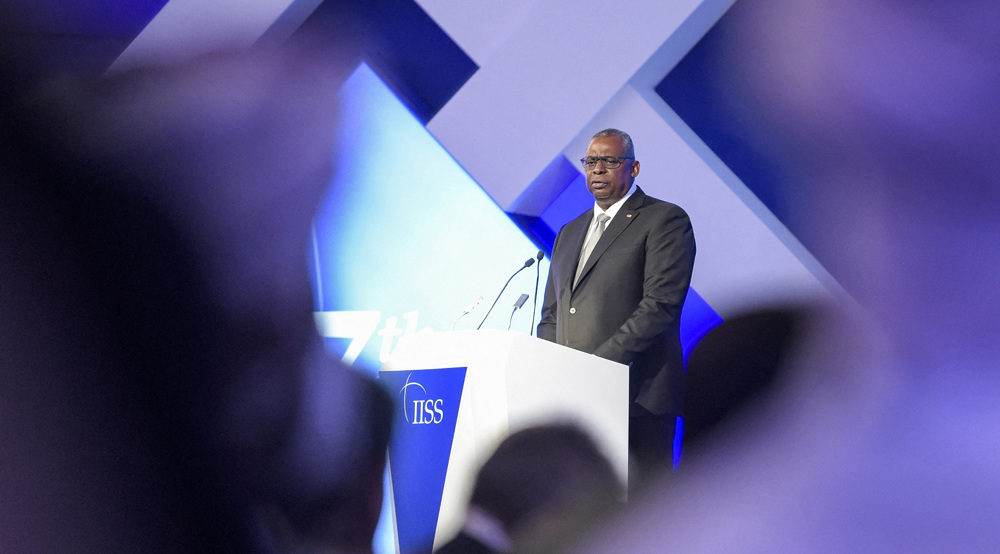
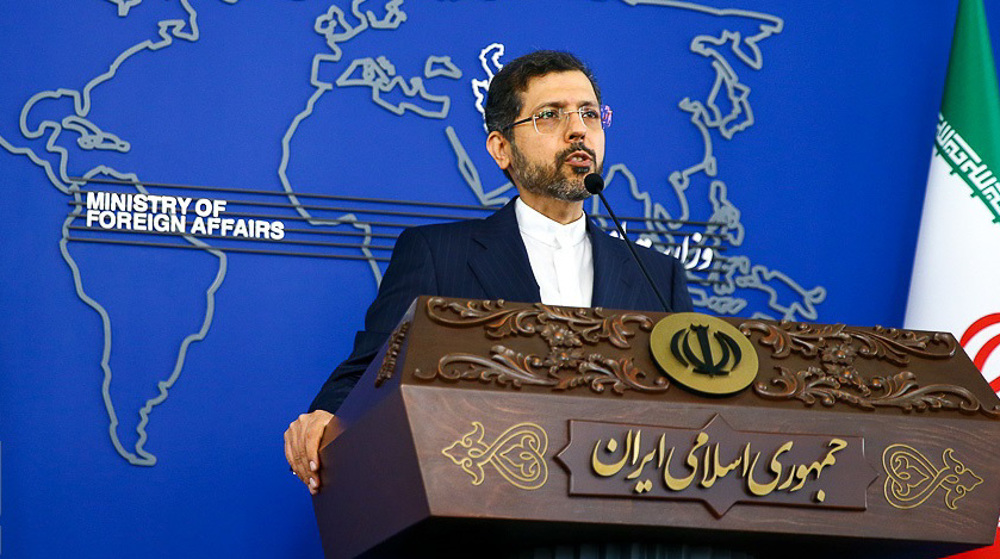
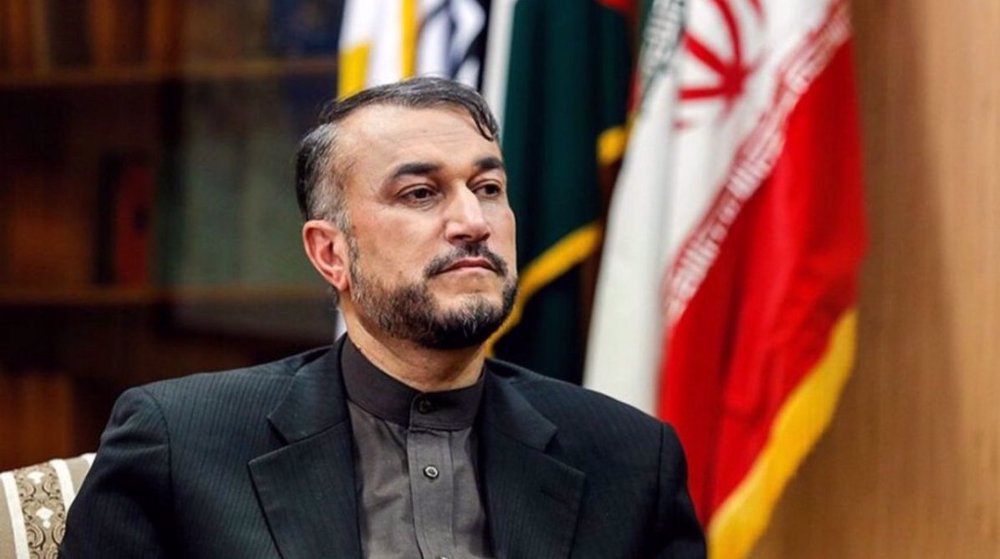
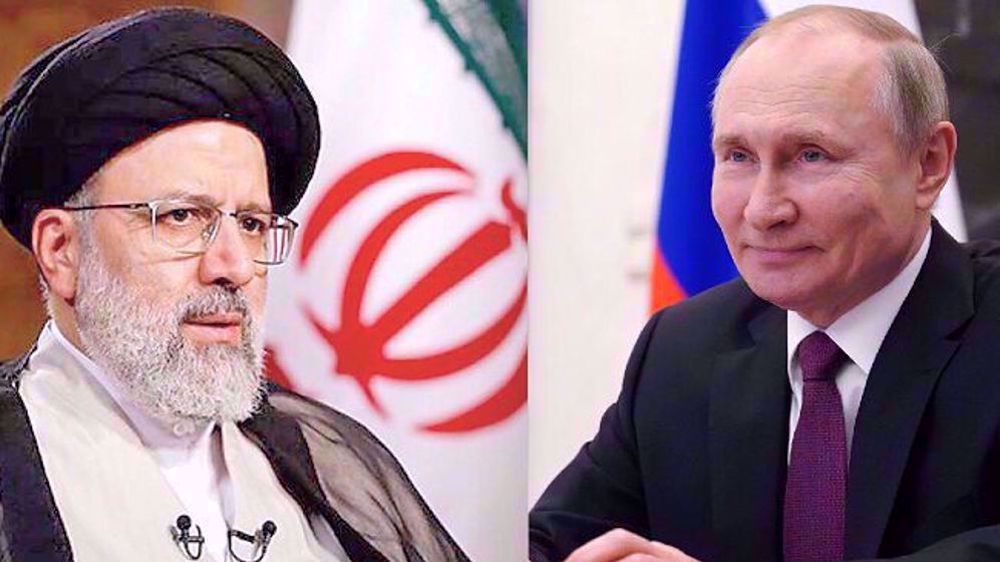

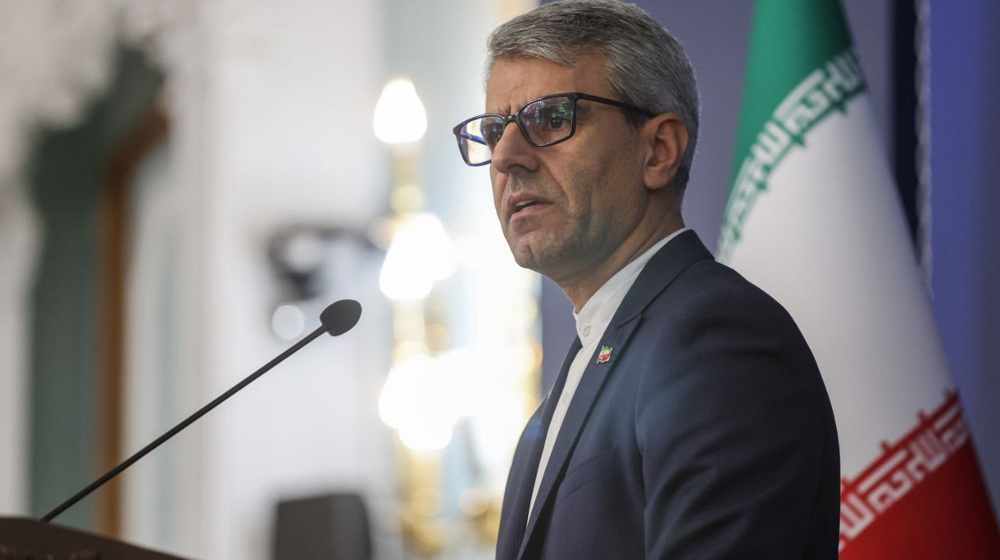
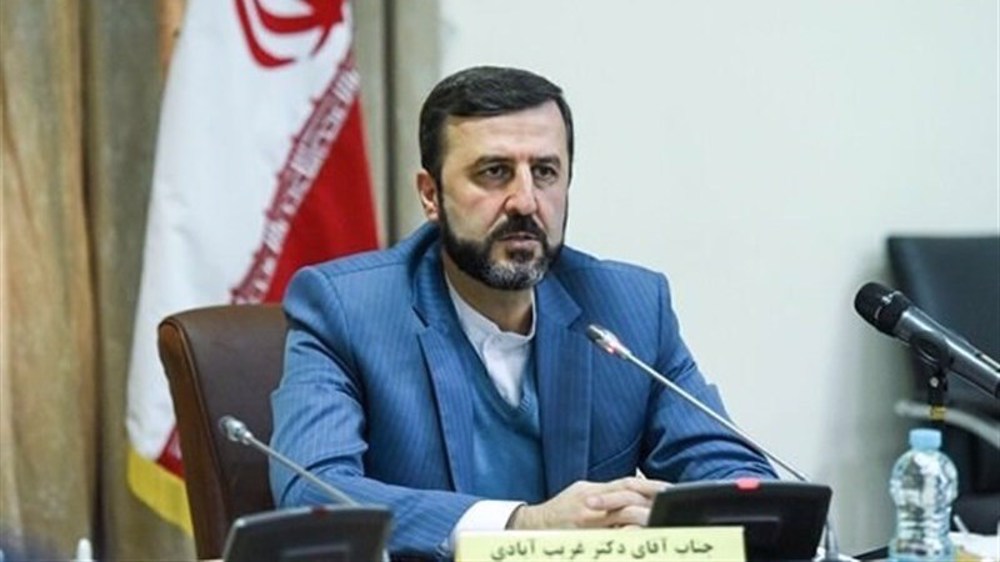



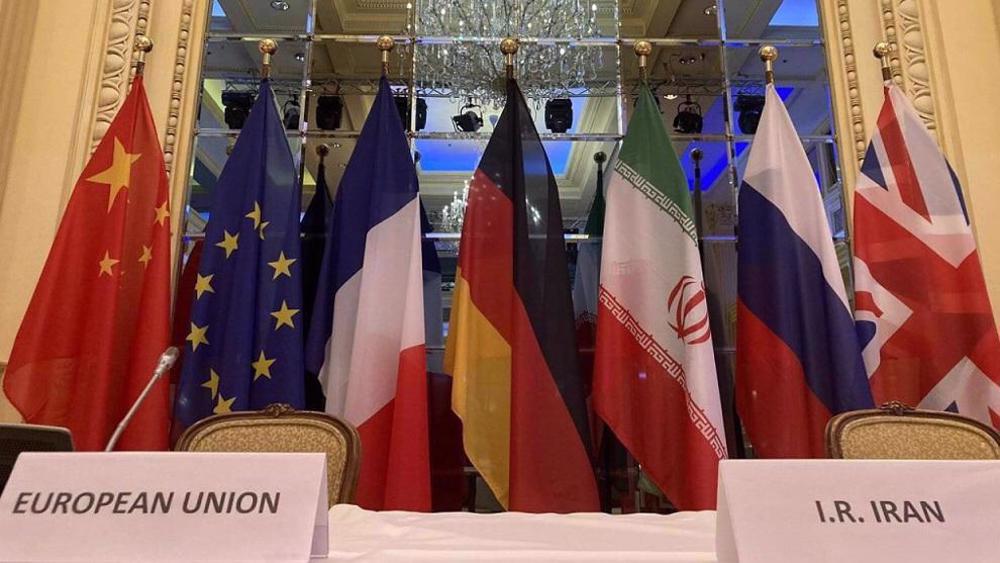
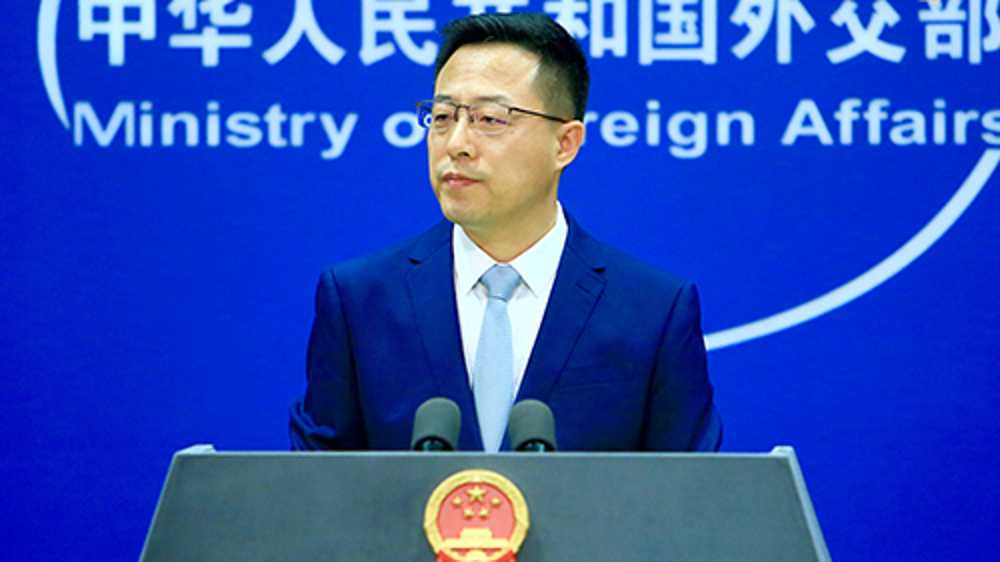
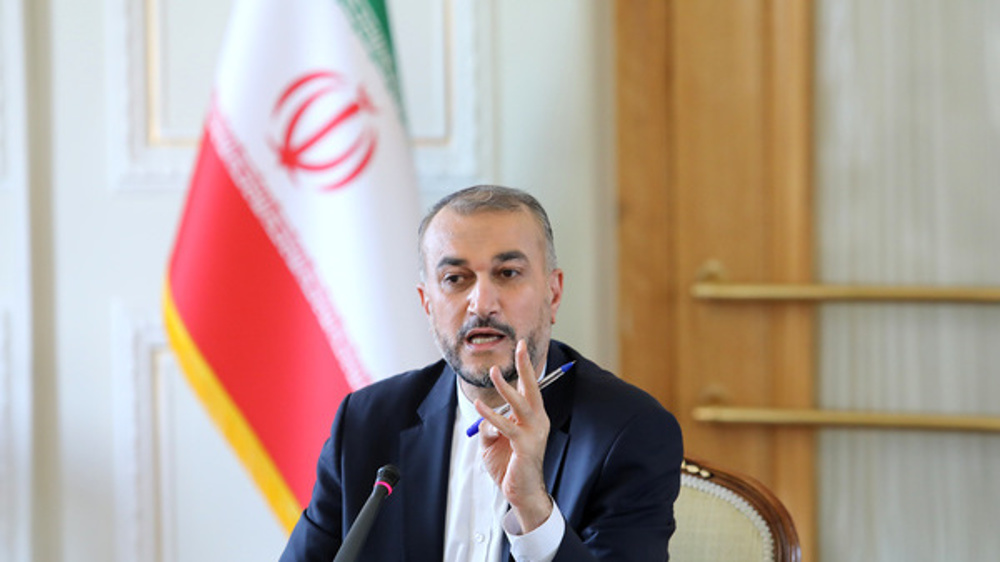
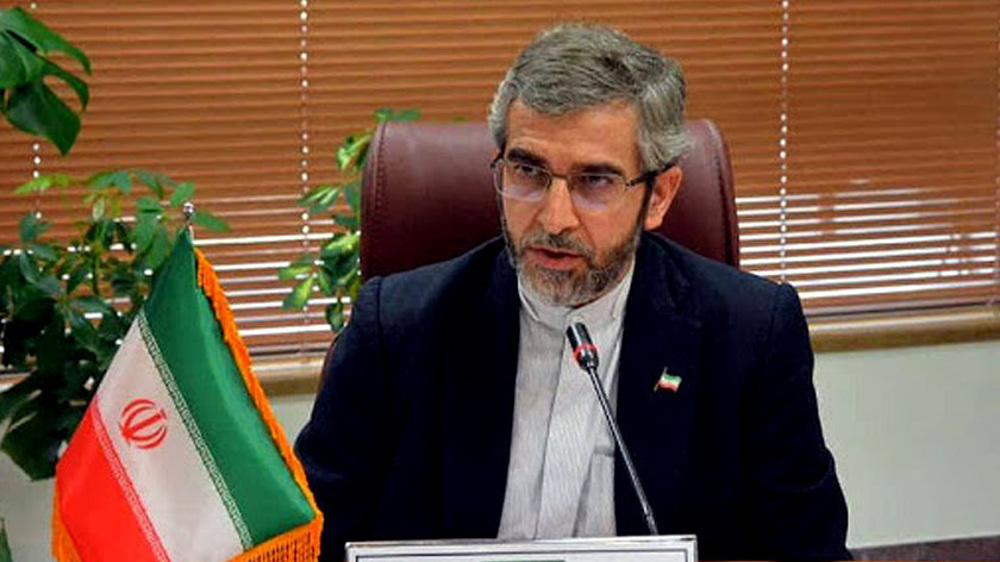
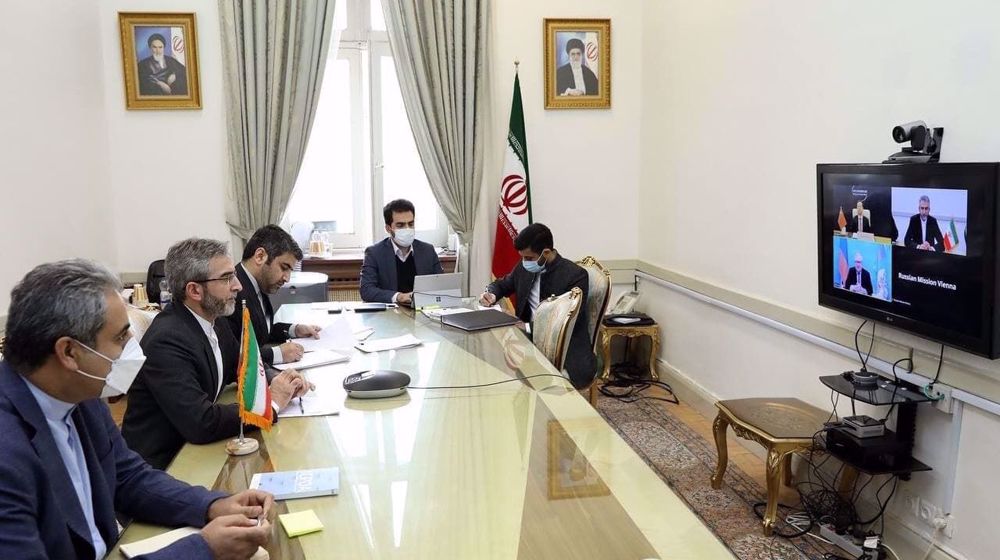
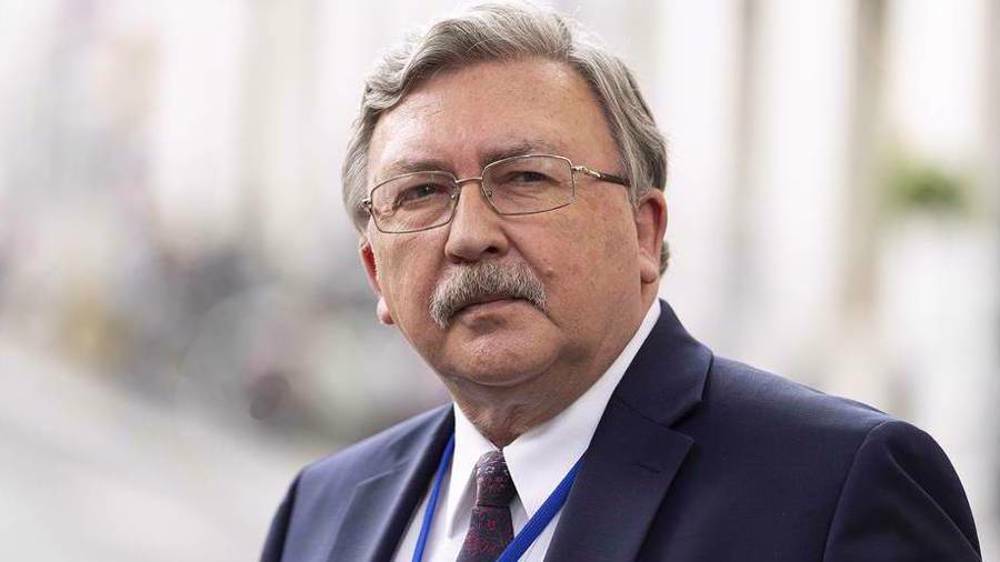

 This makes it easy to access the Press TV website
This makes it easy to access the Press TV website